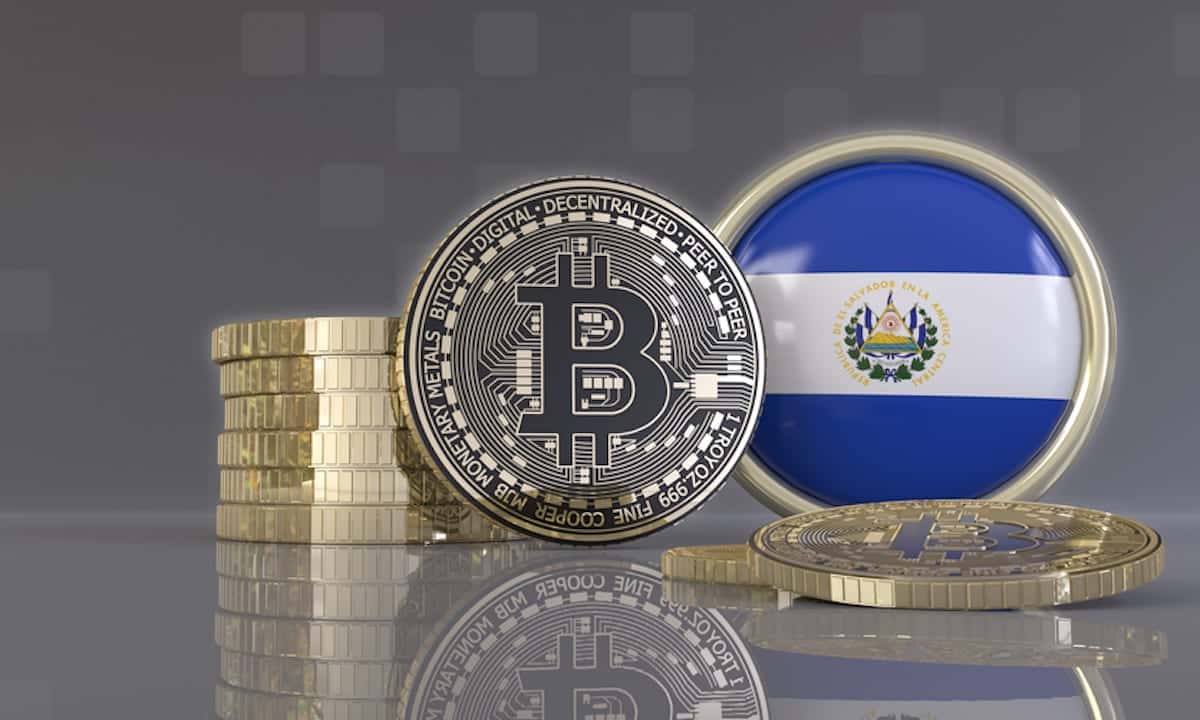
[ad_1]
The Bitcoin nation of El Salvador has been setting up new precedence by moving a large part of its Bitcoin holdings to cold wallets and keeping them in physical vaults within the country’s own territory.
El Salvador Secures Bitcoin Holdings
In a significant development, President Nayib Bukele of El Salvador reveals the decision to transfer a substantial portion of the country’s Bitcoin holdings to a cold wallet. This move is accompanied by the establishment of a physical vault within the national territory to securely store the cold wallet.
Describing the initiative as the nation’s inaugural “Bitcoin piggy bank,” President Bukele emphasizes the importance of prudent asset management and secure storage practices.
The decision to transfer Bitcoin holdings to a cold wallet aligns with El Salvador’s ongoing efforts to integrate cryptocurrencies into its national financial infrastructure. This strategic move highlights the country’s proactive approach to embracing digital assets and leveraging innovative solutions for economic development.
We’ve decided to transfer a big chunk of our #Bitcoin to a cold wallet, and store that cold wallet in a physical vault within our national territory.
You can call it our first #Bitcoin piggy bank ????????
It’s not much, but it’s honest work ???? pic.twitter.com/dqzedykxT1
— Nayib Bukele (@nayibbukele) March 14, 2024
This action from El Salvador underscores several key points. Firstly, it promotes transparency by allowing anyone to monitor the Bitcoin holdings, instilling confidence that the assets are not being relocated or lent out. Secondly, it demonstrates a deep understanding of Bitcoin, showcasing expertise in managing digital assets effectively.
Thirdly, it signifies trust in Bitcoin’s technology, as evidenced by the decision to hold rather than move or trade the assets. Lastly, it enhances the credibility of El Salvador’s Bitcoin holdings and establishes itself as a reputable player in the crypto space.
Bitcoin Maxi Demands Credit Rating Upgrade
As we know, El Salvador’s decision to adopt the Bitcoin standard resulted in a major credit downgrade from global agencies. However, it turns out that ever since building its Bitcoin reserves, the LatAm country has managed its debt more efficiently.
According to Bitcoin maximalist Max Keiser, there’s a significant shift underway. He suggests that rating agencies should take note as Bitcoin is fundamentally altering the quality of a country’s financial collateral base.
This shift may lead to an anticipated credit rating upgrade to investment grade (IG) in the near term. Keiser further highlights what he terms a ‘speculative attack’ against fiat currency in El Salvador, emphasizing President Nayib Bukele’s move to bolster the nation’s Bitcoin reserves.
As these reserves grow, Keiser contends that El Salvador’s creditworthiness improves, consequently reducing borrowing costs. He also introduces the concept of ‘Volcano Bonds’ as a further catalyst for this transformation.
With an increasing foundation of Bitcoin, including the potential issuance of Volcano Bonds, Keiser predicts that El Salvador’s credit rating will rise, borrowing rates will decline, the collateral value will rise, and the debt-to-equity ratio will diminish to zero.
The presented content may include the personal opinion of the author and is subject to market condition. Do your market research before investing in cryptocurrencies. The author or the publication does not hold any responsibility for your personal financial loss.
[ad_2]
Source link